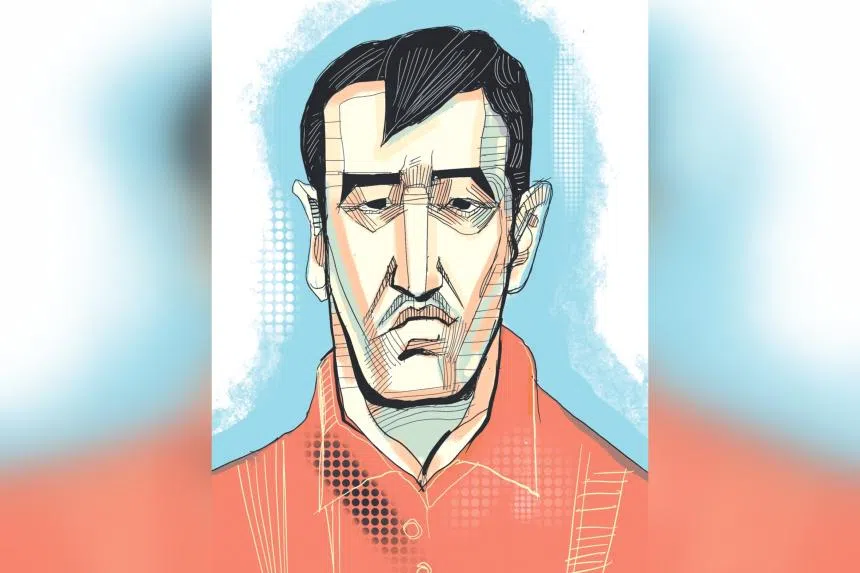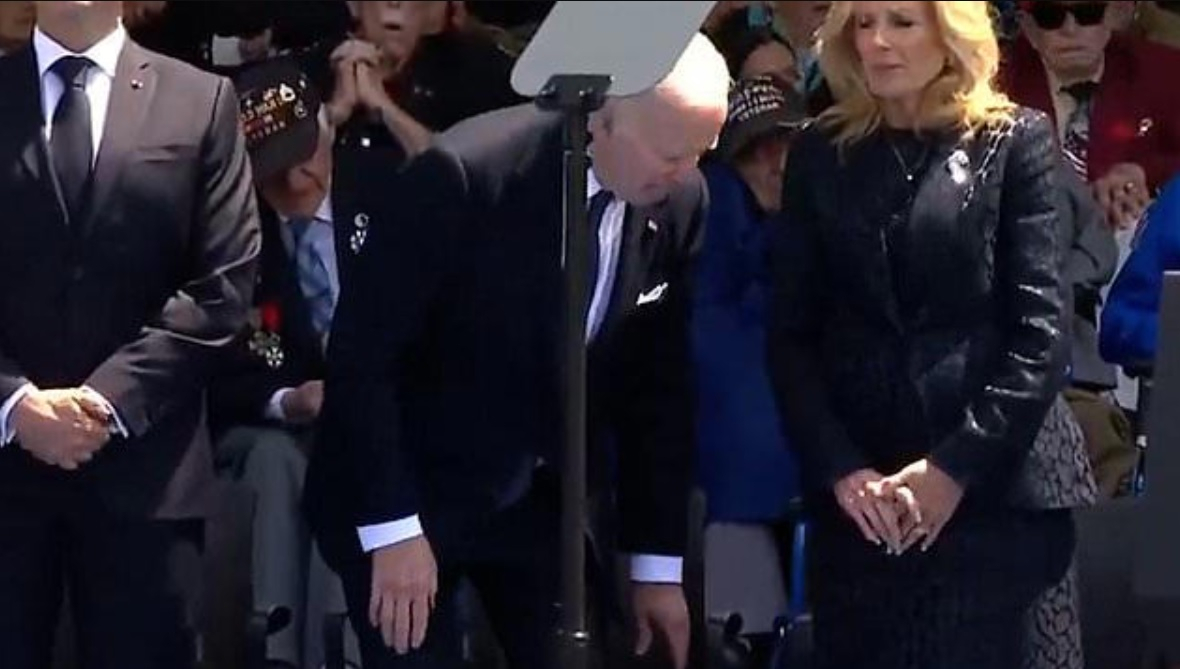WANG Dehai, one of the 10 foreigners arrested in last August’s anti-money laundering bust, was handed 16 months of jail on Friday (Jun 7), the longest of the nine sentenced so far.
The 35-year-old Cypriot national had pleaded guilty to one charge of possessing a sum of about S$2.3 million from unlawful remote gambling offences under the Corruption, Drug Trafficking and Other Serious Crimes Act (CDSA).
He also faced an additional CDSA charge of using a sum of S$23 million, suspected to be proceeds of illegal activity, to buy an apartment in Singapore, as well as four charges under the Employment of Foreign Manpower Act (EFMA). These were all taken into consideration by the judge for sentencing purposes.
Three of the EFMA charges were for allegedly faking job titles between 2018 and 2022, and one was for allegedly hiring a housekeeper without a valid work pass.
He and his wife Su Caihuang have agreed to forfeit to the state 90 per cent of the S$54 million in assets in their names that were seized from them.
Deputy Public Prosecutor (DPP) Louis Ngia said that in 2012, Wang was involved in an illegal remote-gambling operation based in the Philippines; the website served online punters in China, where online gambling is illegal.
A NEWSLETTER FOR YOU
Asean Business
Business insights centering on South-east Asia’s fast-growing economies.
As promoter of the remote gambling business, he was given a 3 per cent share in the annual profit of the operation. In 2022, he ended his ties with the operation and received a payout of HK$8 million (S$1.4 million).
Wang moved his family to Singapore in late 2018.
The prosecution, which sought 16 to 17 months of jail for him, pointed out that the total amount laundered in his case was the highest among those sentenced so far “by a significant margin”, at around S$25 million.
Ngia cited Wang Baosen, the third individual convicted in the case, who was jailed 13 months for laundering S$2.5 million.
Wang Dehai’s lawyer, Megan Chia of Tan Rajah & Cheah, said in her client’s mitigation that five of the previous convicts – Su Haijin, Wang Baosen, Zhang Ruijin, Chen Qingyuan and Lin Baoying – had been sentenced to 13 months on a similar money laundering charge.
Chia noted that some of the five had also pleaded guilty to forgery, while her client did not.
In response, district judge Sharmila Sripathy-Shanaz agreed with the prosecution that “a sentence higher than the 13 months’ imprisonment is warranted” since Wang Dehai’s CDSA charge involved a greater sum, and that the defence itself accepted that his culpability was otherwise similar to that of the others.
The judge did not accept the defence’s claim that Wang Dehai had been living an uneventful life since his relocation, given that he continued to live in Singapore in properties bought with criminal proceeds.
She added that Wang Dehai’s “willful and persistent refusal to be less than forthright about the provenance of his wealth” was an aggravating factor.
For example, he claimed at first that the S$2.3 million the police found in his home were partially from selling his own cryptocurrency in Singapore or winnings from mahjong games. In a subsequent statement, he claimed the monies came from Su Yongcan, his brother-in-law, who is wanted and on the run.
Wang Dehai’s jail term will be backdated to Aug 15, 2023, when he was arrested.
Among the 10 charged in Singapore’s largest money laundering case in which assets worth about S$3 billion were seized, he was the last to plead guilty before the court.
Eight foreign nationals – Su Wenqiang, Su Haijin, Su Baolin, Wang Baosen, Vang Shuiming, Zhang Ruijin, Chen Qingyuan and Lin Baoying – were each handed down between 13 and 15 months’ jail.
They have forfeited over S$722.3 million in assets to the state so far. Five of them have been deported.
Su Jianfeng, 36, a Vanuatu national, is expected to be sentenced on Monday.







